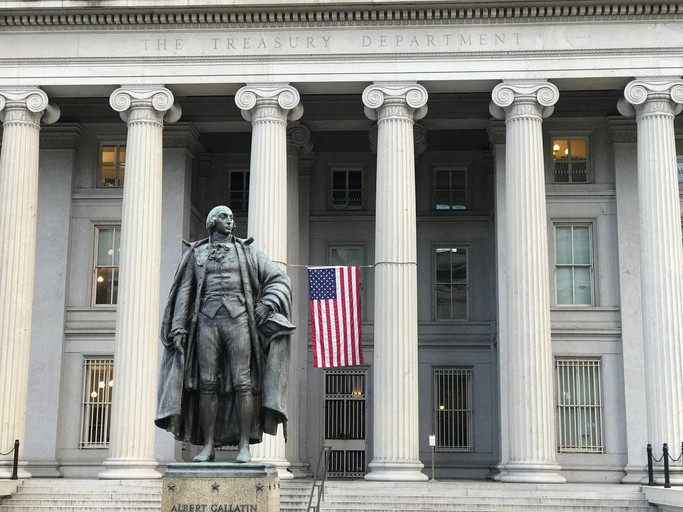May 14, 2025

This information is provided for educational purposes only by Kohn, Kohn & Colapinto and does not constitute legal advice. No attorney-client relationship is created by accessing this content. Laws and regulations may change, and this material may not reflect the most current legal developments. If you believe you have a whistleblower claim, consult a qualified attorney to discuss your specific circumstances.
Suspicious Activity Reports (SARs) are important documents that financial institutions are required to file with the Financial Crimes Enforcement Network (FinCEN) whenever suspicious or potentially suspicious activities are detected. These activities can involve money laundering, terrorist financing, or other financial crimes. SARs play a crucial role in providing law enforcement agencies with the information they need to identify and prevent financial crimes.
Access to SARs is strictly confidential and limited to law enforcement and regulatory agencies. Financial institutions are not allowed to disclose SARs or the fact that a SAR has been filed, except to those legally authorized to receive this information.
In addition, protections under U.S. law, such as the transportation and aviation immunity provisions in 49 USC 44941, shield air carriers, foreign carriers, and their employees from liability when reporting suspicious air travel activity. This protection extends to the reporting of suspicious activity under 18 USC 3077.
Who Must File a SAR?
A variety of financial institutions are required to file SARs. These include banks, credit unions, money services businesses, securities and futures firms, and casinos. Any employee or officer within these institutions who detects or suspects suspicious activity has an obligation to file a SAR.
Per regulations in 31 CFR 1020, individuals filing a SAR must meet certain requirements. They must have an address or a PO Box, as well as an identification number, such as a tax number for U.S. citizens.
Non-U.S. individuals are required to provide a taxpayer identification number, passport number and country of issuance, alien identification card number, or another government-issued document evidencing nationality or residence that includes a photograph or similar safeguard.
Timeframes for filing SARs are strictly enforced. Banks must file a SAR within 30 calendar days of identifying a suspicious activity. If no suspect is identified, the filing can be extended to 60 days.
Does Filing a SAR Lead to Legal or Regulatory Action Against a Financial Institution?
Filing a SAR does not necessarily lead to legal or regulatory action against a financial institution. Laws are in place to protect financial institutions and their employees who file SARs in good faith. However, if a SAR is not filed when it should have been, severe penalties and fines may be imposed.





